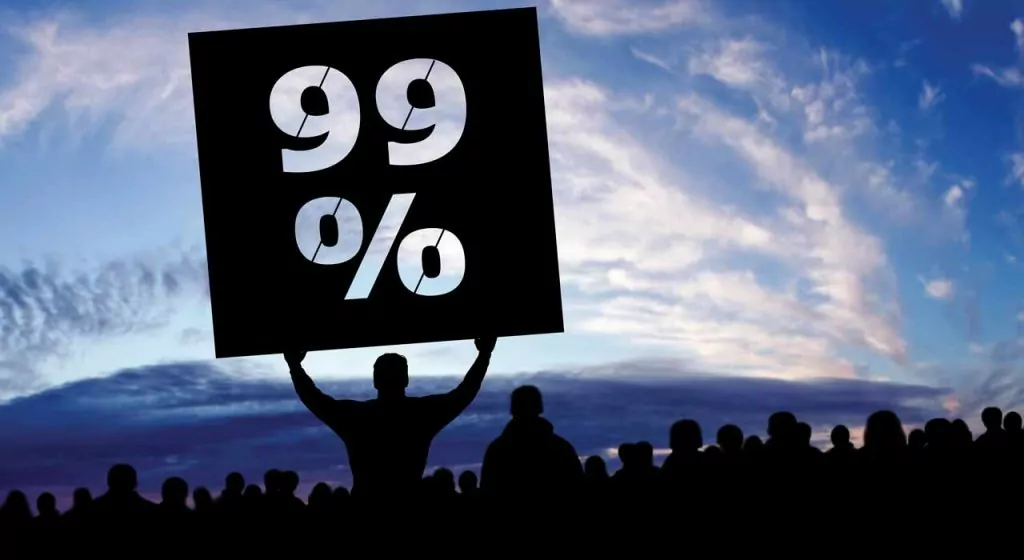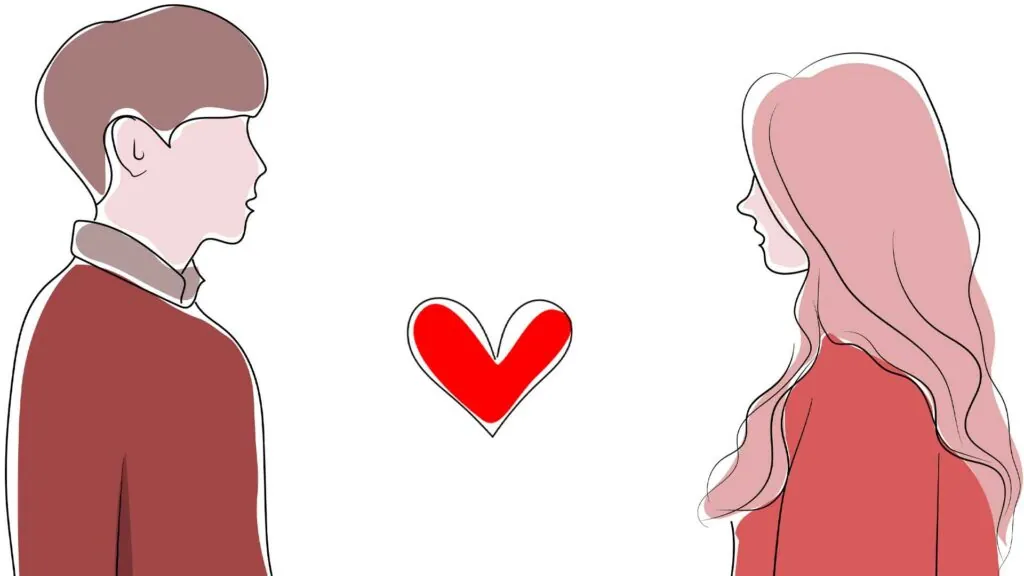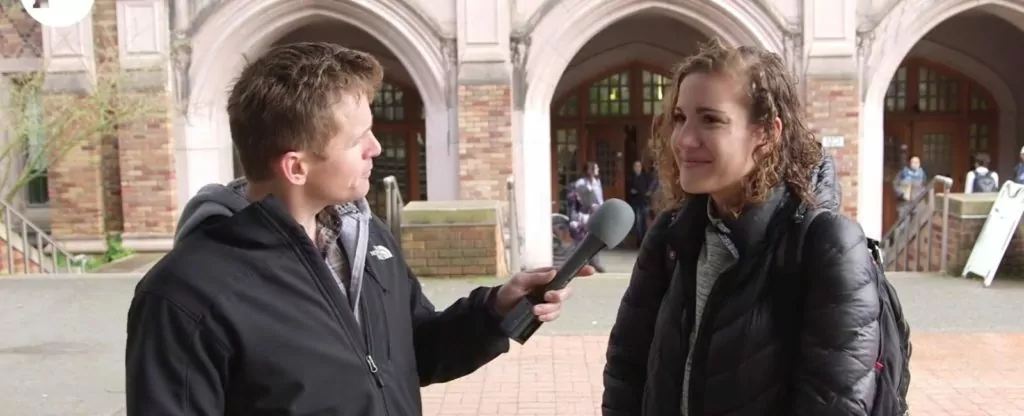A few weeks ago two of my daughters were fighting over a stuffed animal, both insisting it was theirs. I wanted to stop the fight but this struck me as a teachable moment…and I knew I had just the right story to share.
“Do you remember when two women came to King Solomon and both said a baby was theirs? King Solomon was going to use a sword to cut the baby in half so that each woman could have half.” Then came the mike drop moment: “Would that be a good idea to do with your stuffie?”
The story didn’t impact my girls like I’d hoped: both agreed that splitting the stuffie lengthwise was the way to go.
Hmmm…
I was left wondering what Solomon would have done if both women had said, “Sure, go ahead.” The best I could come up with was to have the toy bear come stay with the “king” for a while – instead of half a stuffie for both, it was no stuffie for either of them.
Kids have a hard time seeing it
A few days later I came across another illustration, and because of the less than satisfactory conclusion to my earlier conversation with the girls, I wanted to share this with them too.
In the June 6 “Nearer to God Devotional” Pastor Mark Stewart shared an old Jewish folktale, in which an angel visits a businessman known for being envious. The angel wants to encourage the shopkeeper to give up his envy so he tells the man that he can have one wish but with one condition: whatever he wishes for, his neighbor will get twice as much of it. The spiteful man considers the offer for a few moments, and then makes his request: “Please make me blind in one eye.”
Both my girls were shocked, and then somewhat amused. What a clever, but ever so wicked, man! He would be blind in one eye, but his neighbor would be blind in both.
This story reminded me of another, so I shared an old Cold War joke – something Ronald Reagan might have said. One day a genie visited a Russian peasant and told him he could have one wish. The peasant was quite excited and told the genie about how his neighbor had gotten a goat. He shared how the goat provided the neighbor’s whole family with milk, and goat’s hair for clothing, and was also a wonderful pet for that family’s children.
“So you want a goat too?” asked the genie.
“No,” said the peasant, “I want you to kill my neighbor’s goat.”
In the Bible, the words covetousness and envy seem to be used interchangeably. But if a distinction were to be made, we might describe envy as taking covetousness one step further. The merely covetous man wants what his neighbor has – he wants to be rich too. But the envious man isn’t as concerned with his own state as that of his neighbor’s. He won’t be satisfied until his rich neighbor is poor.
Adult miss it too
I shared these stories with my daughters because there were obvious connections to be made. There are going to be times when one child gets something – whether it’s piano lessons, a new toy, an opportunity to visit a friend’s house, etc. – that the other siblings don’t get. And many a time those other children will have a hard time being happy for their sibling’s opportunity. They’d be happier if only their sister’s “goat” was killed.
Among adults, this destructive envy is harder to spot but that’s only because we’re better at hiding our sins – we’ll even present them as virtues.
One example: As I finished sharing the second story my wife noted, “This sounds like the Canadian healthcare system.” In the great white North we aren’t always pleased with our healthcare; wait times can be not simply burdensome, but even deadly. However, one thing Canadians take pride in is how it is the same healthcare for everyone. Politicians and voters stand united against queue-jumping and against a two-tiered healthcare system. Consider though, what we are doing when we try to prevent someone who uses their own money from buying better care than is available to the rest of us. Aren’t we wishing his “goat” was dead? Trying to improve healthcare is a noble desire. But trying to prevent others from seeking better healthcare for themselves is envy disguised as principle.
This same “envy as virtue” is behind complaints about income inequality. We live in a time and a place where we are richer than we have ever been – every house has conveniences that even a hundred years ago were luxuries for only the richest of the rich…if they existed at all (running hot and cold water, central heating, phones, computers, TVs, dishwashers, washing machines, vacuums, etc.). So how can the Devil get us to overlook the many ways we have been materially blessed? By getting us looking over the back fence at the new toys in our neighbor’s yard. The 10th commandment (Ex. 20:17) forbids just that, but to obscure that clear commandment the Devil presents this sin as something noble. “This isn’t coveting; this is about equality,” he tells us. “This isn’t coveting; it is about compassion for the poor!” Poverty is a problem. When some don’t have enough to eat, or a place to sleep, that is a real concern, and an evil to be fought. But income inequality is simply about envy – anger at how much more someone else has than us.
Conclusion
Covetousness and envy are sins of ingratitude, of not recognizing how much we’ve been given. Would income inequality be an issue if “poor” protesting college students understood they are richer than 85% of the world? Would my daughters fight over one stuffed animal if I had them first go count their dozens of other stuffies? More to the point, would we envy even Bill Gates if we understood what we’ve been given in the sacrifice of Jesus Christ?
“Secure in the love of Jesus Christ and our identity as the Father’s children, I have no need to envy my brother or sister. I am a recipient of favor and kindness and grace that I could never earn or pay for. There is no higher or better privilege to reach for…. Content in what the Father has chosen to give to me, I am now freed up to want the best for you.












